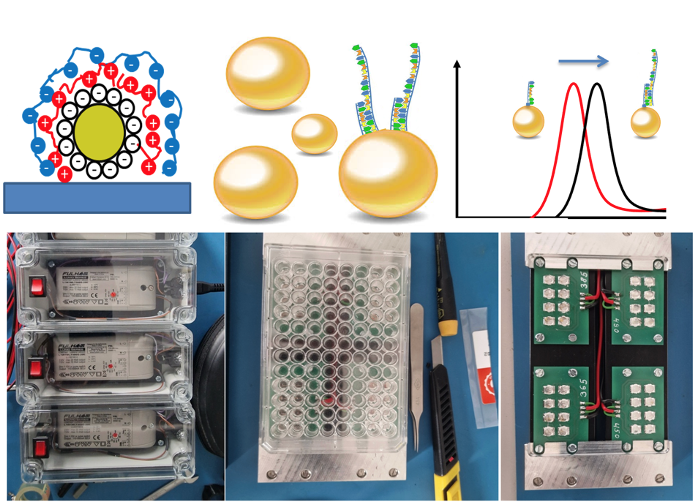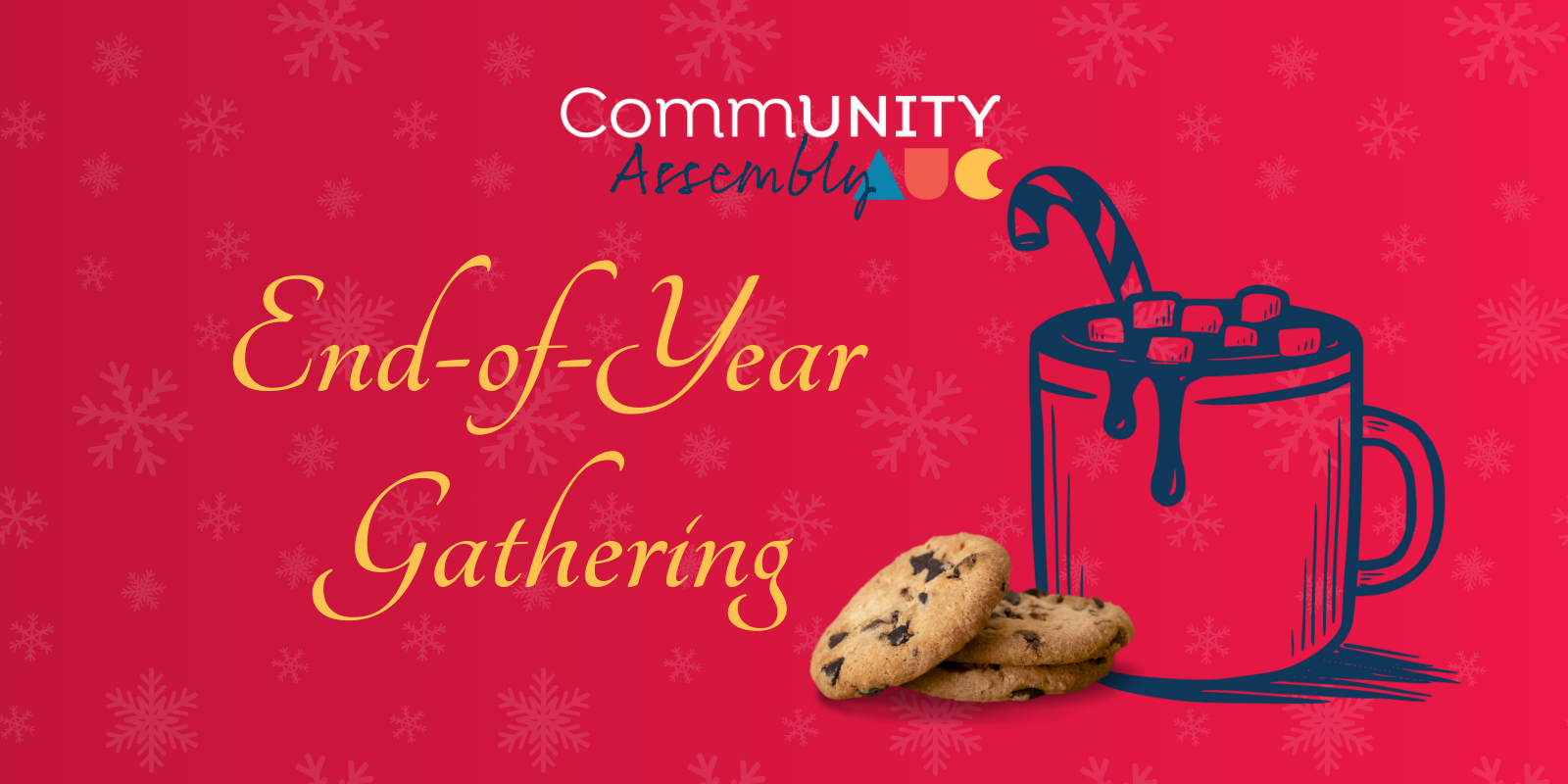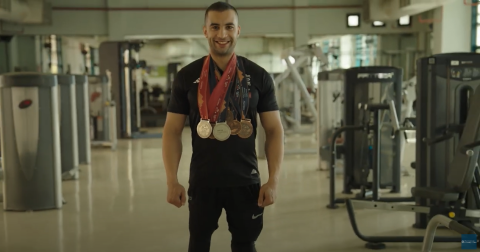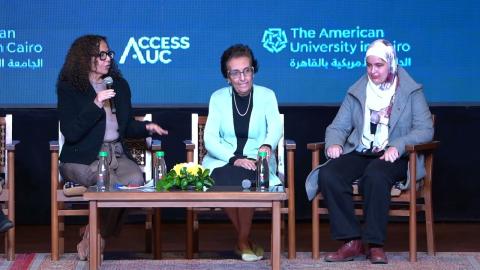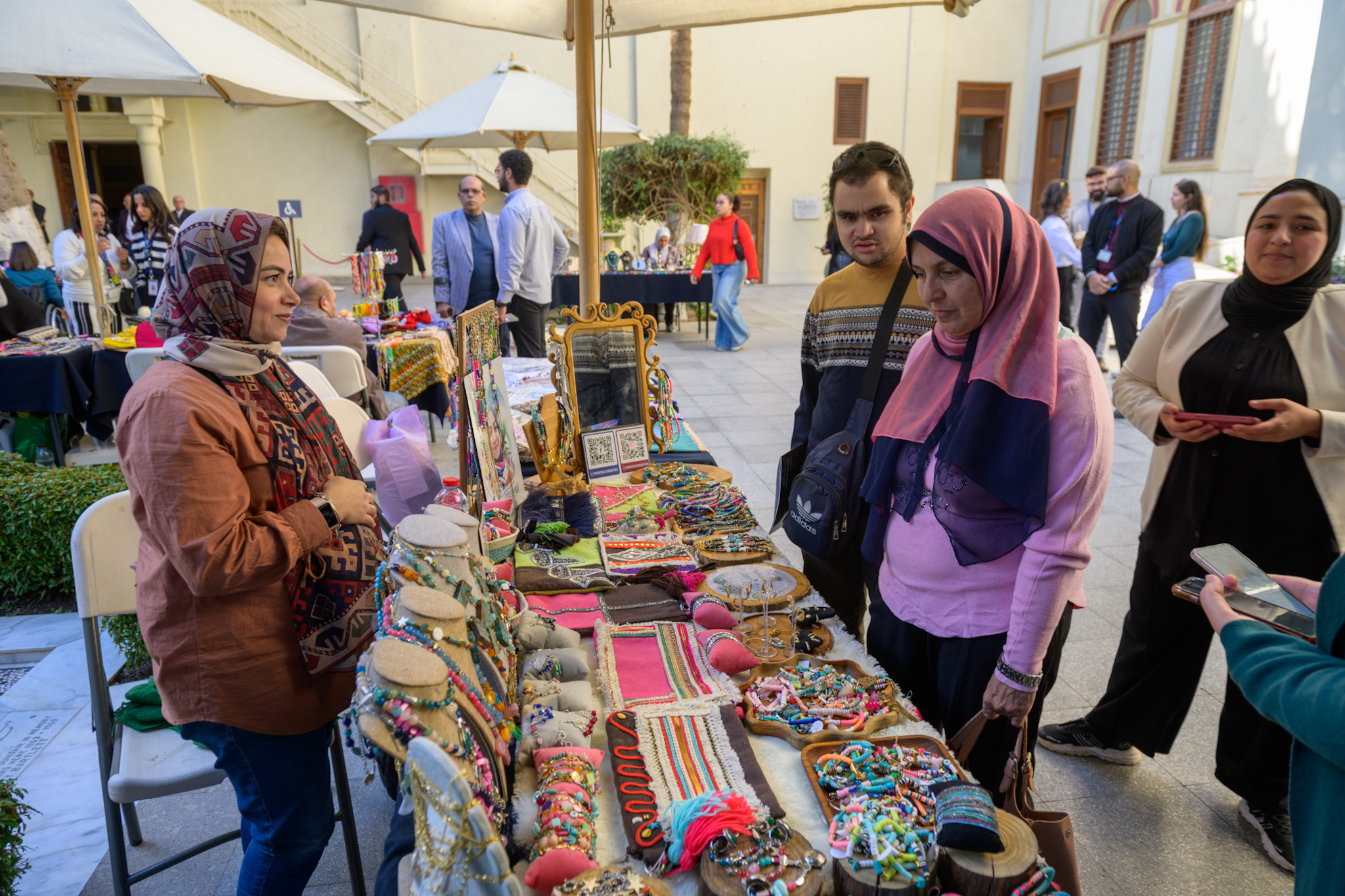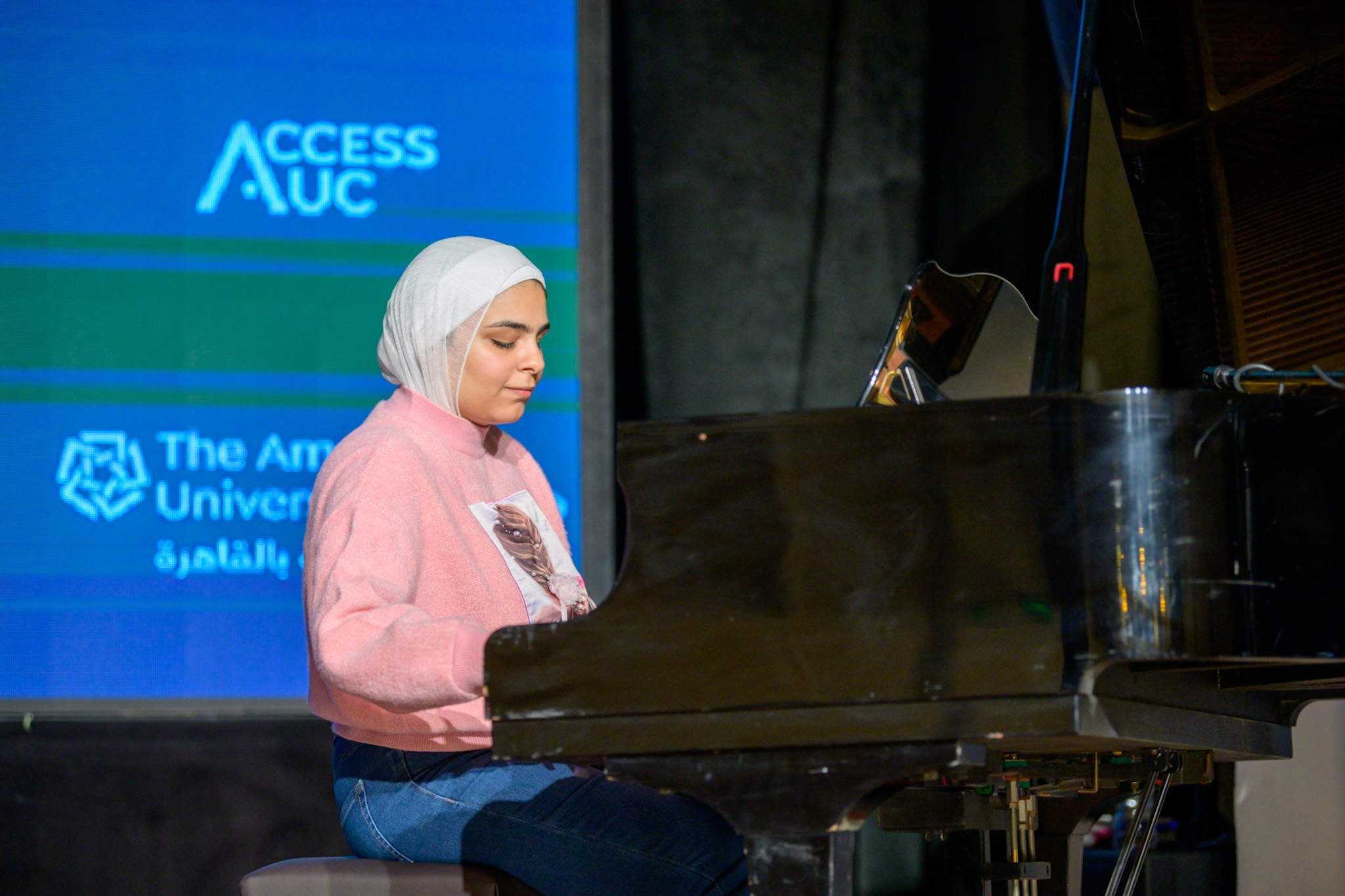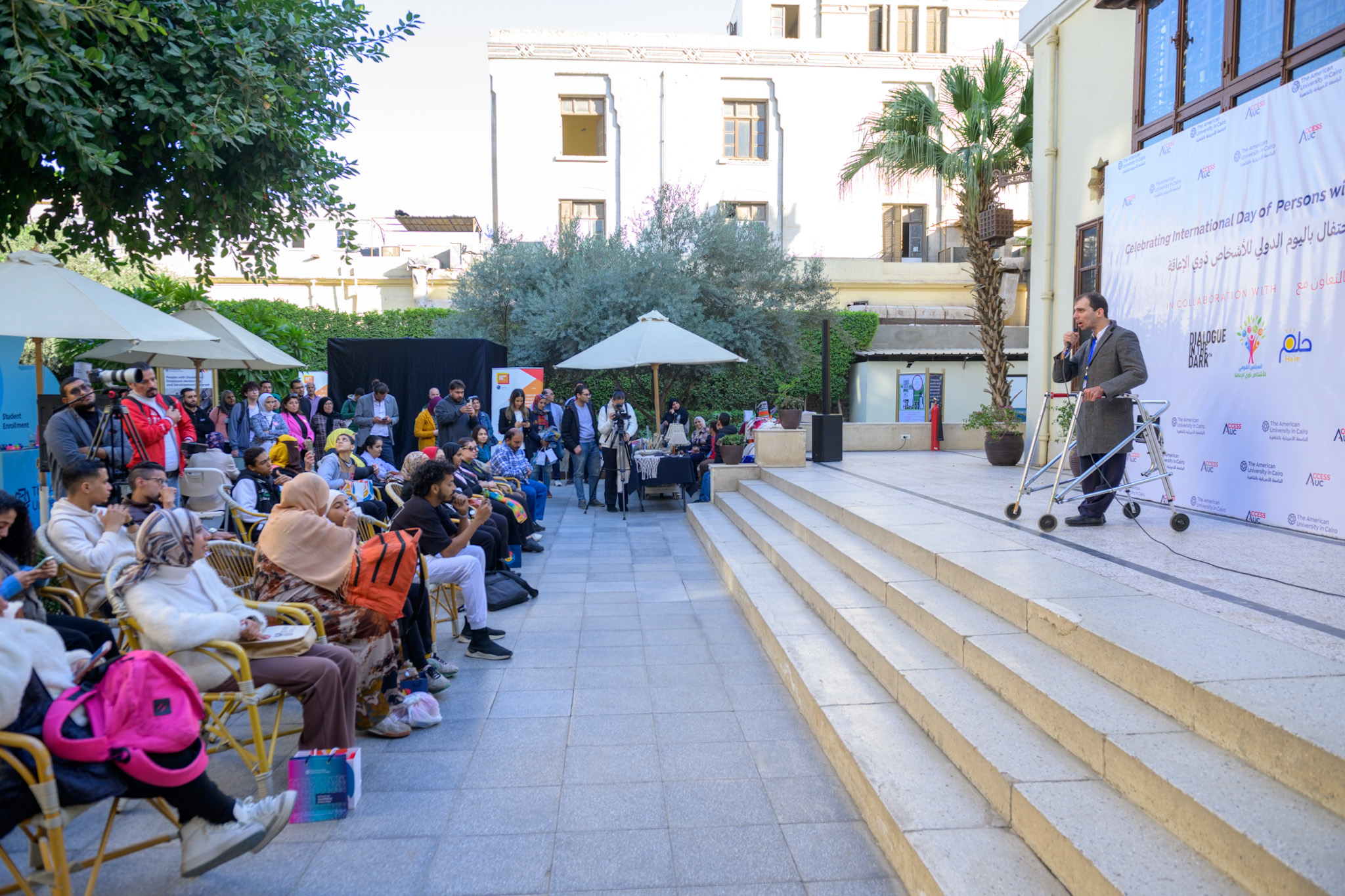Plasmonic Sensing at AUC: Tackling Pathogens and Pollutants
From developing a biosensor that identifies plant pathogens to detecting and tracking environmental pollutants, AUC’s Novel Diagnostics and Therapeutics research group is actively engaged in the field of plasmonic sensing, with applications in medical diagnostics, environmental monitoring and food safety.
“Plasmonic sensing is a technique used to detect very small changes in the vicinity of the sensor by shining light on a metal surface, like gold or silver,” said Hassan Azzazy, distinguished University professor of chemistry and head of the AUC research group. “Due to their high sensitivity, plasmonic sensors are favored for the detection of environmental toxins and disease biomarkers.”
Azzazy’s team is currently working on two main projects. The first seeks to develop a biosensor for the detection of plant pathogens, which affect plant productivity as well as threaten food security and global ecosystem sustainability, especially as plant disease outbreaks have become more frequent and widespread due to climate change. The second aims to detect and monitor environmental pollutants, which negatively impact living organisms and socioeconomic development.
“AUC students and researchers who pursue sensing projects will have access to expert knowledge and resources, in addition to training opportunities in sophisticated laboratories using the latest technology developed by partner institutions.”
Through the newly established Arab-German Plasmonic Sensing Network, AUC researchers are collaborating with a specialized group of scientists in the field from universities and research centers across the world, including Egypt, Germany, Lebanon, Tunisia, Morocco, Iraq, Jordan, Saudi Arabia, Jordan, Italy and France. The network’s first meeting was hosted at AUC this fall and featured 14 international speakers.
At the meeting, several cutting-edge strategies based on plasmonic nanostructures were presented and discussed, including applications in bioanalytics; detection of infectious agents in humans, animals and plants; biomarkers of neurodegenerative diseases; photodynamic therapy that combines light and medicine to kill cancer cells; and nanotubes for use as broad-spectrum antibacterials.
Originally established to strengthen collaboration among German and Arab researchers, the network now aims to become an international expert group in the field of plasmonic sensing. Its current cohort of scientists plans to develop technologies to address global challenges in the fields of health, food and environmental monitoring.
One of the network’s goals is to develop a low-cost, universal plasmonic sensing platform for the detection of a variety of targets that can be easily reproduced in many countries, especially those with limited resources. This will serve multiple purposes set by the UN Sustainable Development Goals, including good health, innovation and sustainable communities.
“The network complements research activities at AUC due to its multidisciplinary nature,” said Azzazy, a founding member of the network. “AUC students and researchers who pursue sensing projects will have access to expert knowledge and resources, in addition to training opportunities in sophisticated laboratories using the latest technology developed by partner institutions.”
